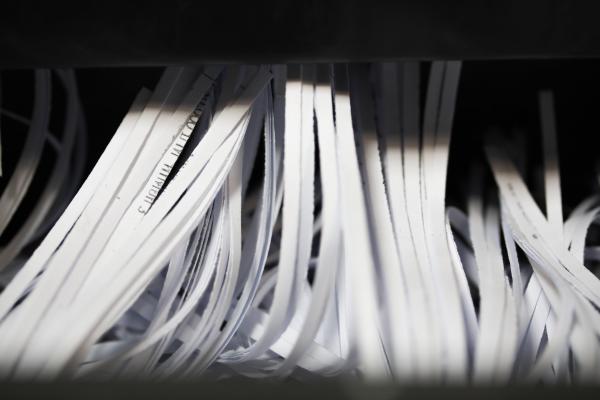THE PANAMA PAPERS was the largest information leak in history. Revelations continue to unfold about how one Panamanian law firm, Mossack Fonseca, used anonymous shell companies to help its clients avoid taxes and scrutiny from law enforcement. These shell companies are created on paper and don’t disclose their true owners.
The Panama Papers scandal isn’t just about taxes. It’s about conflict, corruption, war, and human trafficking. It’s about whether or not our financial system will fuel conflict and instability around the world. If we think this is an “offshore” problem, then we are deeply mistaken. This is very much a U.S. problem. Americans don’t need to go to Panama to hide their money because they can do it here at home.
To paraphrase one analyst: The world’s largest financial secrecy jurisdictions are in fact islands, but not the islands we think of when we think of tax havens. They are the islands of the United Kingdom and the island of Manhattan.
It isn’t difficult to set up this type of company in the U.S., particularly in states such as Delaware and Nevada where financial secrecy is widespread. Currently no U.S. states require that these shell companies disclose the identity of their owners. Legislation in Congress—the Incorporation Transparency and Law Enforcement Assistance Act, which is supported by several religious organizations—could change that by giving law enforcement access to owner information.
Shell companies have facilitated human trafficking, terrorism, weapons trafficking, and drug running. Jubilee USA notes that some U.S.-based shell companies are used to steal from the poor. One case Jubilee USA cites is that of the son of Equatorial Guinea’s dictator, who used U.S.-based anonymous companies to steal money from his starving people and to buy a mansion in Malibu, Calif., among other extravagances.
WHEN IT COMES to conflict and war, financial secrecy is deadly. For example, U.S.-based anonymous shell companies enabled weapons dealer Viktor Bout to funnel arms to both sides of conflicts around the world. Shell companies were used to fuel Sierra Leone’s civil war and to fund a violent Mexican drug cartel.
Anonymous companies also are a powerful sanctions-busting tool for officials in odious regimes. If we want to stop conflict through peaceful means and avoid punitive sanctions that impact entire populations, those types of targeted sanctions on individuals are critical. But they are rendered ineffective when those individuals can simply set up fake companies to hide assets and criminal activity.
These crimes disproportionately impact some of the world’s poorest people, according to Jubilee USA’s executive director, Eric LeCompte. “It’s too often the most vulnerable who are most impacted by the crime, tax evasion, and corruption facilitated by some of these shell companies,” he said.
Congress is getting the message. In April, faith leaders and small business owners descended on Capitol Hill to urge Congress to pass the transparency legislation, and support among members of Congress is growing.
Conflict, corruption, war, tax evasion, and human trafficking—these issues are intertwined with global financial secrecy. Financial transparency is a factor in whether our children will live in a more peaceful, secure world.

Got something to say about what you're reading? We value your feedback!

